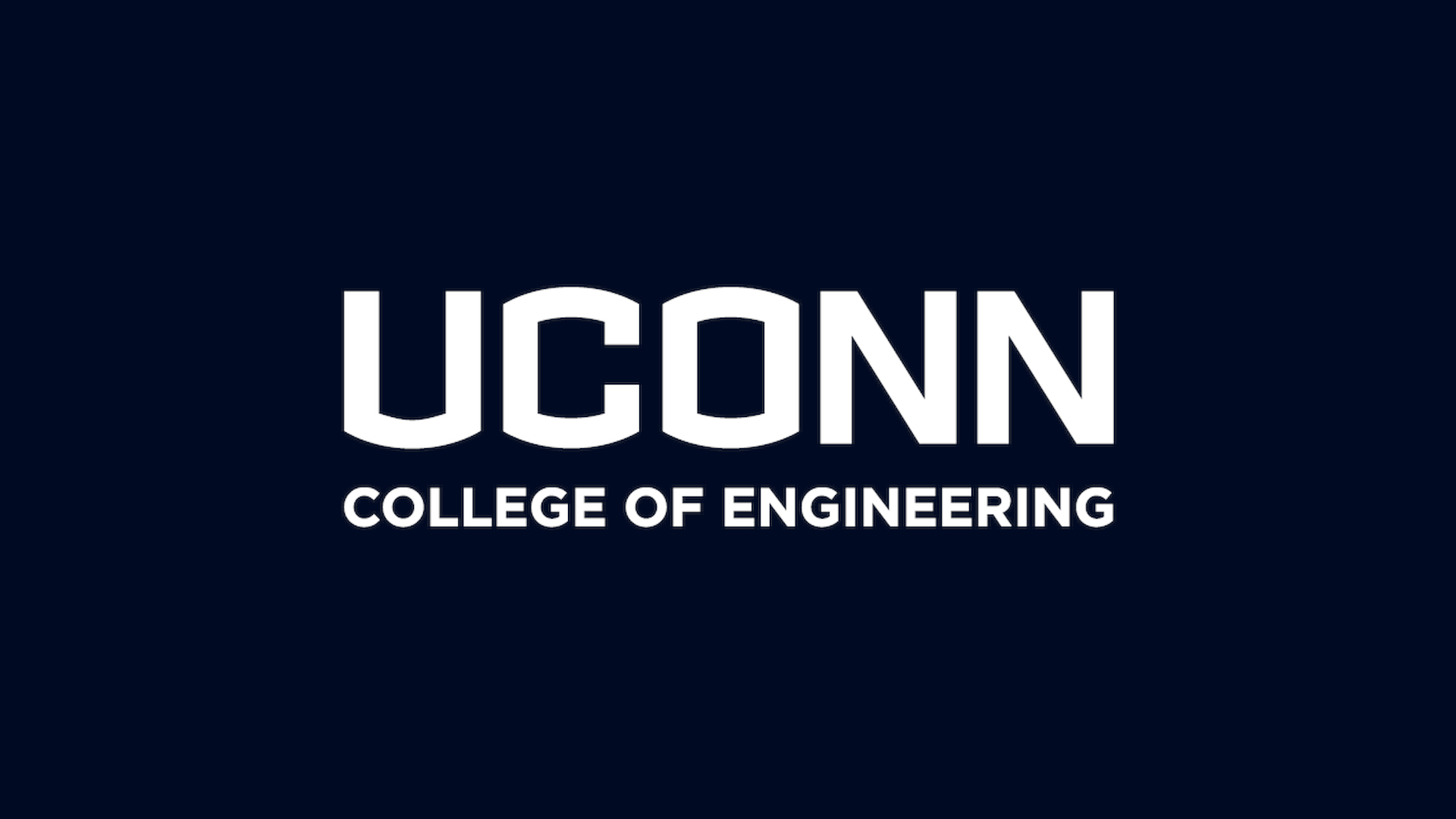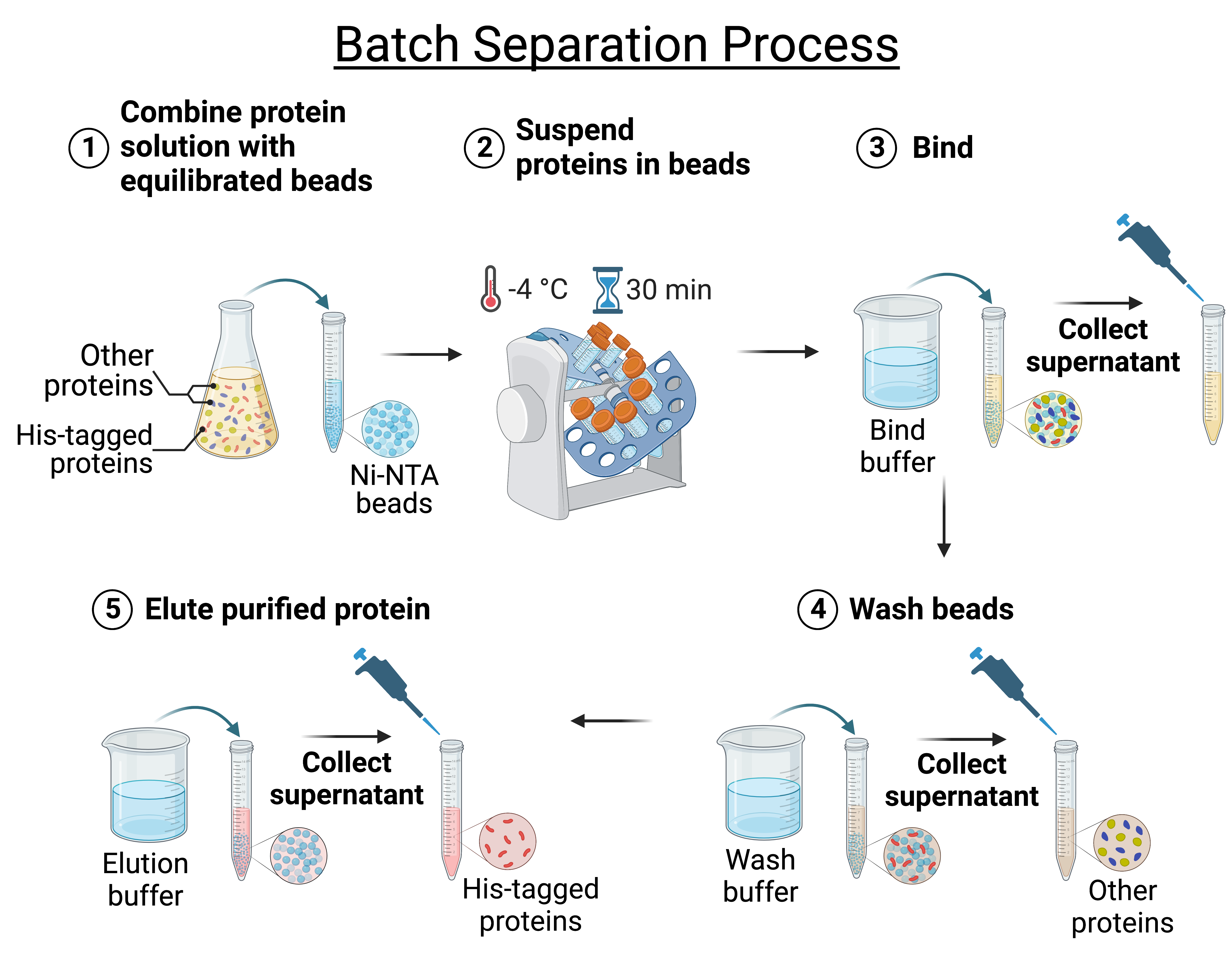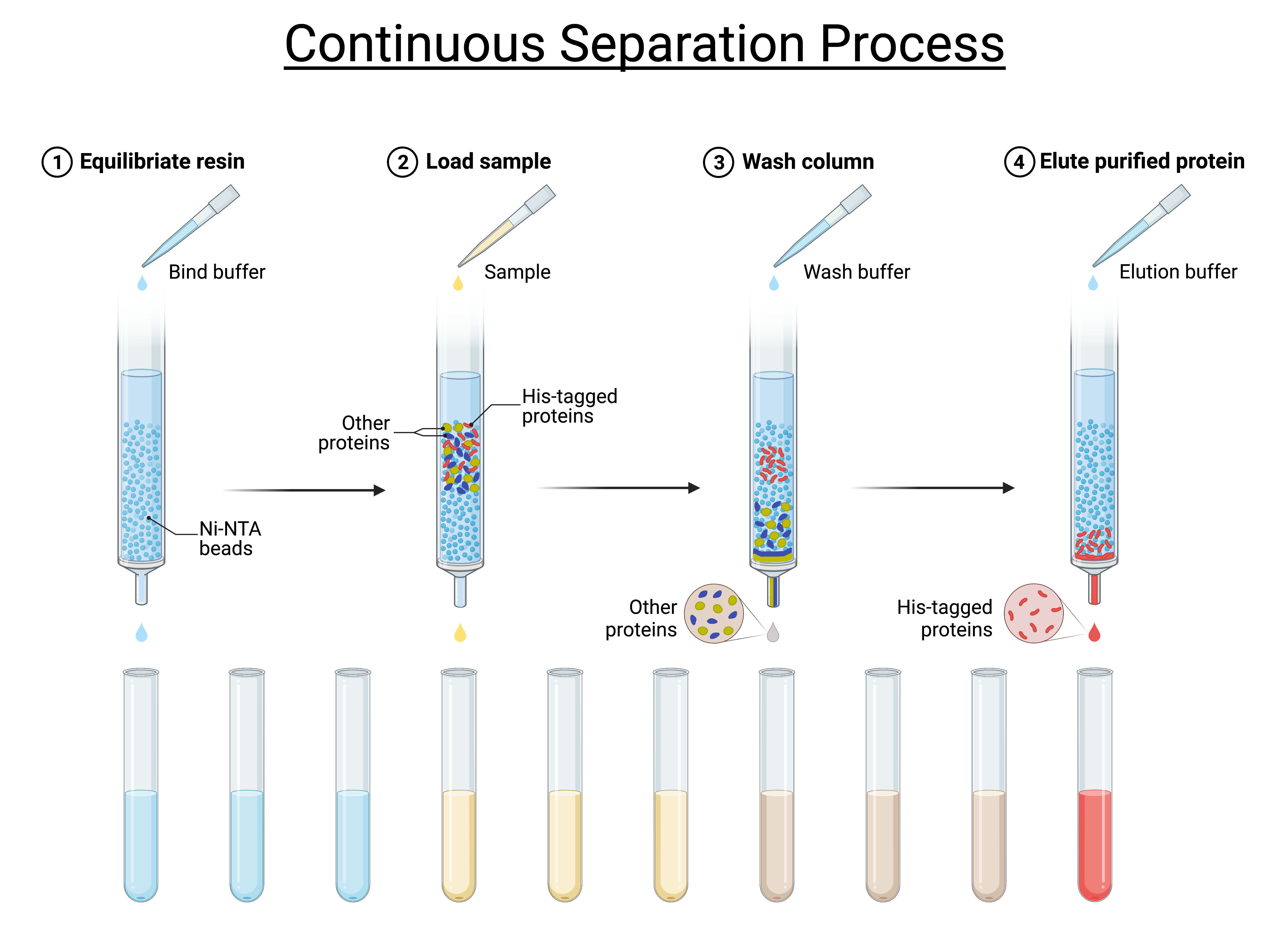

This video contains proprietary information and cannot be shared publicly at this time.
Figure 1

Figure 2

Team 8
Team Members |
Faculty Advisor |
James Dubreuil |
Yongku Cho Sponsor UConn School of Engineering |
sponsored by
Sponsor Image Not Available
Design of a Protein Purification Process from Crude Cell Lysates
Protein purification is a process used to create protein-based drugs, also known as biopharmaceuticals, which are widely used to treat diseases. Once the protein is produced, purification separates the desired protein from other cellular materials, growth medium, and byproducts. There are several methods that can be used for this separation. In this project, we focus on the affinity purification method. In this approach, the target protein binds selectively to a solid substrate for separation. We use Nickel-ion-loaded (Ni-NTA) agarose beads to separate a protein from crude cell lysates. We ran numerous trials on two different types of purification processes, batch and column. We then chose the best method based on the protein yield and the cost-effectiveness. The batch method involves a protein mixture stirred together with the agarose beads. The column method has a protein mixture run through a column filled with the beads. In both methods, the undesired proteins are washed out afterwards. The results of this project could improve overall costs of protein drugs, causing an increase in availability to all and potentially saving more lives.
